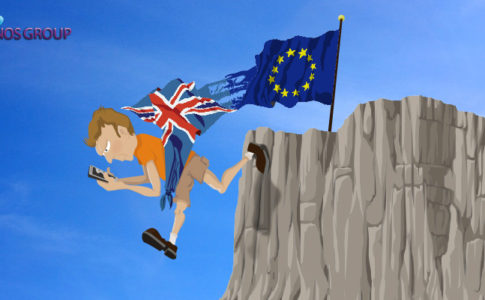On 23 June 2016, the UK public voted to leave the EU. That means that, once Article 50 of the Lisbon treaty is applied, the EU treaties will cease in the British territory. Obviously, that also applies to the Telecommunications’ regulations.
These are some of the consequences that will come after this change of the UK and EU law:
 Depending on the exact timing of a Brexit, it is possible that the reforms being prepared as part of the Digital Single Market (DSM) initiative will not be implemented into UK law, or if they are implemented, that they will not be maintained. A good example here is the proposed Regulation on the cross-border portability of online content services. It is possible that this will be adopted as a Regulation, before a UK exit date. The Regulation will then automatically cease to apply at the moment UK ceases to be a member of the EU. This may be welcomed by media rights holders (licensors) but unwelcomed to consumers and users of online content, because that will imply higher rates.
Depending on the exact timing of a Brexit, it is possible that the reforms being prepared as part of the Digital Single Market (DSM) initiative will not be implemented into UK law, or if they are implemented, that they will not be maintained. A good example here is the proposed Regulation on the cross-border portability of online content services. It is possible that this will be adopted as a Regulation, before a UK exit date. The Regulation will then automatically cease to apply at the moment UK ceases to be a member of the EU. This may be welcomed by media rights holders (licensors) but unwelcomed to consumers and users of online content, because that will imply higher rates.
Another important consequence of Brexit is that UK consumers will no longer be able to benefit from the Roaming Regulation in respect of their use of international roaming services, when travelling within the EU, so again, prices in both data and voice will be much higher. This also affects to UK telecom operators. They may increase roaming tariffs for non-clients but they will also receive higher tariffs from other EU telecom operators for their UK clients.
 Also, an area where there could be some divergence between the UK and the EU is spectrum management and assignment. Following a Brexit, the UK will no longer be subject to Commission decisions and initiatives on the harmonisation of spectrum allocations and use across the EU.
Also, an area where there could be some divergence between the UK and the EU is spectrum management and assignment. Following a Brexit, the UK will no longer be subject to Commission decisions and initiatives on the harmonisation of spectrum allocations and use across the EU.
The ambitious targets of the Digital Agenda for Europe, or any other Commission policy for that matter, will no longer apply to the UK. It is unclear whether the UK will continue to apply these targets once it leaves the EU, though it might, for example, give preference to the same or better broadband speed targets for ubiquitous broadband access.
Obviously, all this facts will affect both EU and UK companies operating in Europe. The new barriers of entry that will lead to a smaller market-place, may eventually affect their financial results, unless a new treaty, such as the EFTA, is approved.



